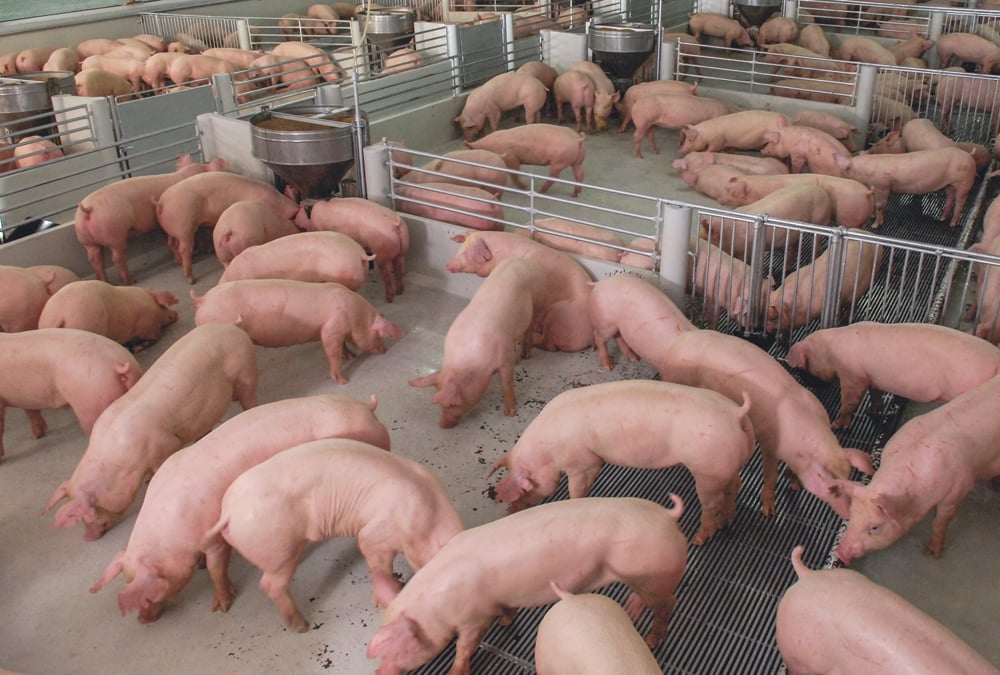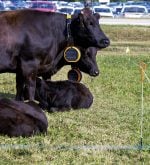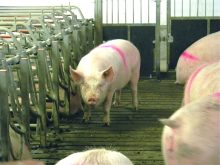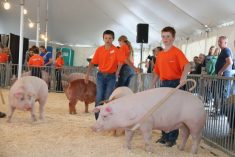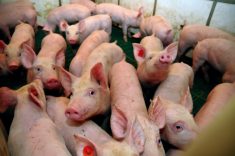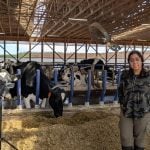Thomson Reuters Foundation – Residents of North Carolina are having their lives disrupted by large pig farms, they said in a lawsuit filed recently.
Communities in eastern North Carolina, the United States’ second-largest pork producer and one of the densest hog farming areas in the world, have for years complained about the smell and pollution caused by the animals’ manure.
But state laws passed in 2017 and 2018 curtailed their ability to file multi-million dollar lawsuits – so-called “nuisance orders” – against the farms.
Environmentalists and community groups filed a lawsuit in late June seeking to overturn those laws by arguing they violated property rights and the state’s constitution.
Read Also

Ontario’s other economic engine: agriculture and food
Ontario Federation of Agriculture president, Drew Spoelstra, says Ontario’s agriculture and agri-food sector should be recognized for its stability and economic driving force.
“How is it that the state can take away my community’s ability to protect our homes and health?” said Devon Hall, co-founder of the Rural Empowerment Association for Community Help, one of the plaintiffs.
A spokesperson for the North Carolina attorney general declined to comment on the lawsuit, as did a spokesperson for Smithfield Foods, a major hog producer in the area.
Residents say the stench can be so bad they can’t hang their laundry outside or have friends over for barbecues, advocates told the Thomson Reuters Foundation.
“All of these things … really result in severely diminished enjoyment of one’s property,” said Will Hendrick, a staff attorney with Waterkeeper Alliance, an advocacy group, and party to the suit.
“It’s long been considered that a man’s home is his castle, but this waste is breaching the castle.”
There are about 10 million pigs in North Carolina producing roughly 9.5 billion gallons of manure a year, according to those behind the lawsuit.
The waste is stored in open pits until it can be spread onto nearby fields as fertilizer.
A Duke University report in September found a range of health conditions associated with people living near large hog operations in eastern North Carolina, including higher mortality rates, but said the exact causes of the ailments were unclear.
The North Carolina Pork Council, an industry group, has expressed concern about the long-term impact of nuisance lawsuits on rural communities where “agriculture is critical to economic growth and success”.
Starting in 2013, hundreds of nuisance orders were filed and juries awarded tens of millions of dollars in compensation before the state legislature passed two laws restricting such suits, said Hendrick.
The first capped the amount that can be awarded under nuisance claims, while the second strictly limited the circumstances under which such suits can be brought.

